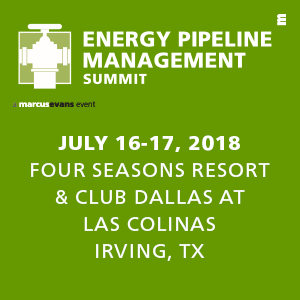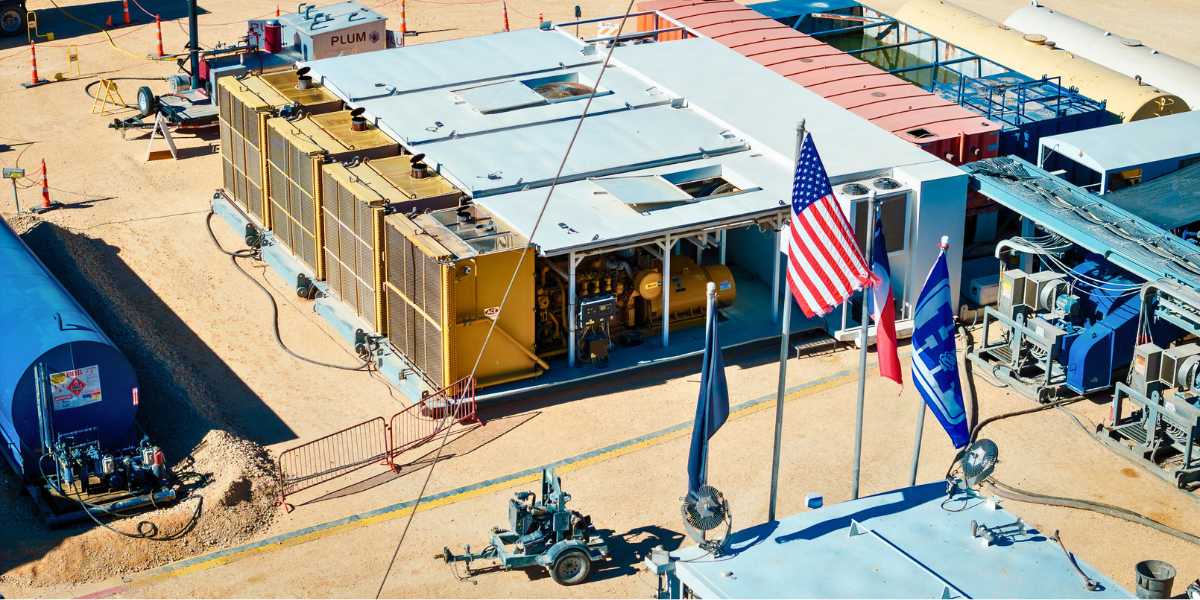Energy Pipeline Management Summit 2018
July 16-17, 2018
Four Seasons Resort & Club Dallas at Las Colinas, Irving, TX
The Upstream sector is commonly known as the exploration & production (E&P) section. It covers all activities related to searching for, recovering & producing crude oil &/or natural gas from underground or underwater fields. This sector covers drilling of exploratory wells & subsequently drilling & operating the wells that recover & bring the crude oil/or raw gas to the surface.
The downstream sector involves the refining of petroleum crude oil and the processing of raw natural gas. It includes the selling and distribution of processed natural gas and the products derived from petroleum crude oil such as liquefied petroleum gas (LPG), gasoline (or petrol), jet fuel, diesel oil, other fuel oils, petroleum asphalt and petroleum coke. The downstream sector includes petroleum refineries, petroleum product distribution, retail outlets and natural gas distribution companies.
The surge in domestic production of shale gas and tight oil—resulting from the technological advances in hydraulic fracturing and horizontal drilling—has created an unprecedented demand for infrastructure to connect these newfound resources with refineries and processing plants. As a result, the midstream sector has come out of the shadows and into the forefront of the industry. In fact, midstream is now the third largest sector of the US oil and gas industry, behind the super majors and large independents. The midstream segment of the broader energy sector represents activities between the production of oil and gas (under the purview of the upstream segment) and end users. Midstream companies are involved in oil and gas transportation through means such as pipelines, rail, trucks, and barges. Midstream names are also involved in processing, fractionating, and storing hydrocarbons.
For midstream companies, the demand for oil and gas infrastructure is one of the major drivers of growth. For example, the Marcellus Shale in Appalachia has been one of the fastest-growing oil and gas plays in the United States. The Marcellus is a major source of natural gas—especially wet gas (gas with a high natural gas liquids component) in its most highly sought-after areas. Drilling and production in this region have increased rapidly, and this has prompted the development of infrastructure there. Natural gas gathering networks, gas processing facilities, fractionation plants and pipelines for natural gas and natural gas liquids have all been necessary for the development of the shale play. Generally speaking, increased drilling and resource development benefit the midstream sector. Where growth in activity can help midstream names, decline in activity can hurt midstream names.
Demand is growing and the energy market is seeing lessened volatility and so despite grappling with uncertainties, most midstream companies have begun navigating their road to recovery. Diligent negotiation of legal and regulatory hurdles will be increasingly paramount in the near future, as will a sound strategy in the public sector, but the midstream sector is on track with greater returns and projections of a more optimistic future for the industry. The resilience of the oil and gas industry is set to continue with strong leadership tackling the challenges and winning in opportunities.
marcus evens is very pleased to announce the 3rd Energy Pipeline Management Summit taking place July 16-17, 2018 at Four Seasons Resort & Club Dallas at Las Colinas, Irving, TX.
The Energy Pipeline Management Summit is the premium forum bringing solution providers and executives from the leading pipeline companies together. As an invitation-only event, taking place behind closed doors, the Summit offers an intimate environment for a focused discussion of key new drivers shaping the future of the pipeline industry.
The one-on-one business meetings provide access to senior executives of pipeline companies with direct responsibility for operations, transportation maintenance and storing. A thorough selection process ensures a qualified audience, which grants unparalleled business and networking opportunities in a luxurious and stimulating environment.
Past Keynote Presentation on Preventative Maintenance and the CSB’s Critical Drivers List by Vanessa Allen Sutherland, Chairperson, United States Chemical Safety and Hazard Investigation Board
The past event also included a panel discussion Leading from the Top: Motivation beyond the Work which was moderated by Bill Ward, Senior Vice President, Commercial Activity, Superior Pipeline Company, Mark K. Harris, Project Manager, Buckeye Partners, L.P. and Chris Humes, Vice President, Pipeline Operations, Crestwood Midstream Partners.
“The Energy Pipeline Management Summit has been a good experience. Useful information across an array of topics by the presenters. I encourage any Pipeline Executive to attend”. – Measurement Manage, Medallion
The Energy Pipeline Management Summit will explore key issues gained from continuous research with our delegates and leading industry professionals. The programme’s primary objective is to explore the key aspects and issues related to the effective management of energy pipelines
To find out more about this year’s Energy Pipeline Management Summit please visit: https://events.marcusevans-events.com/energy-pipeline-2018/11/









